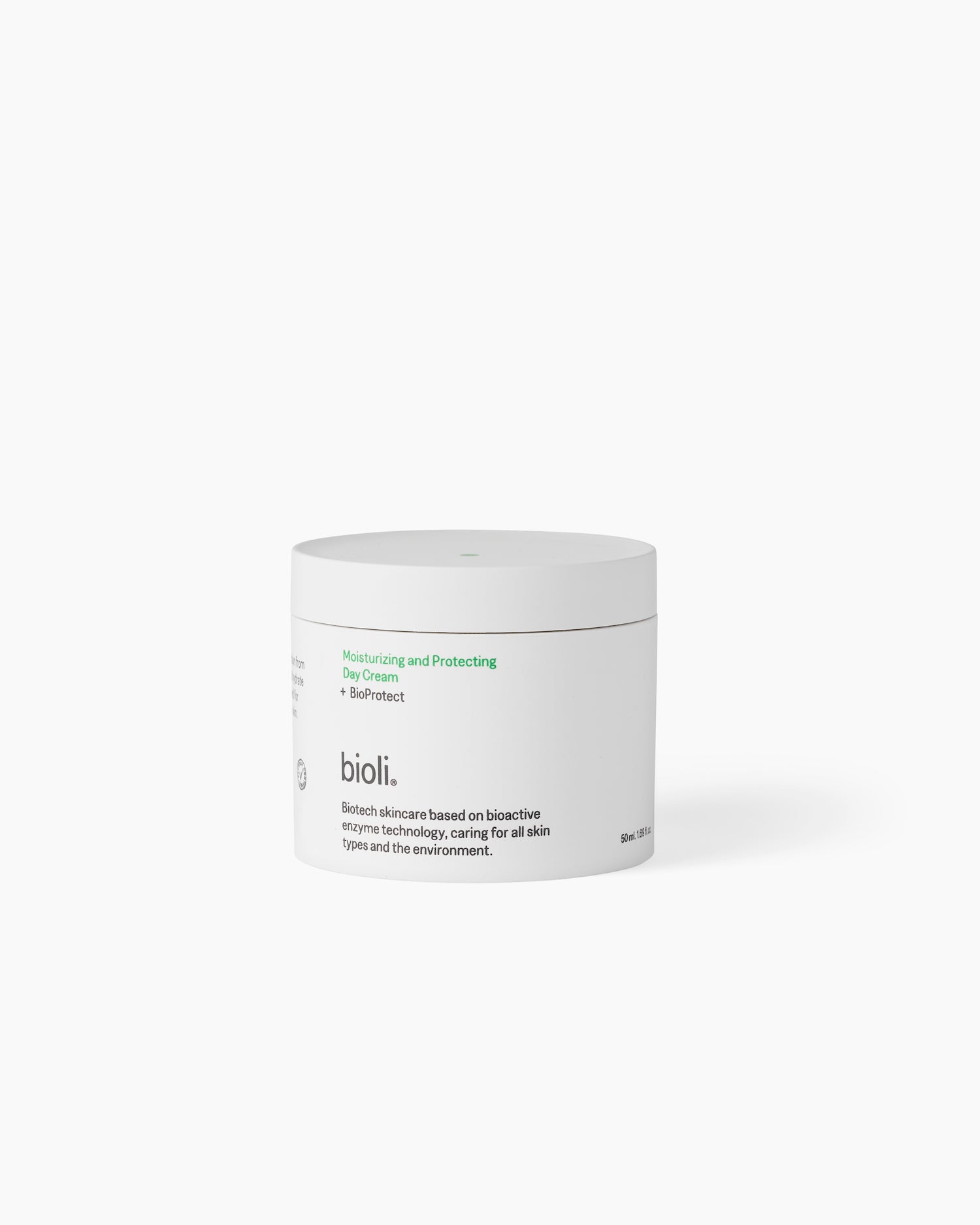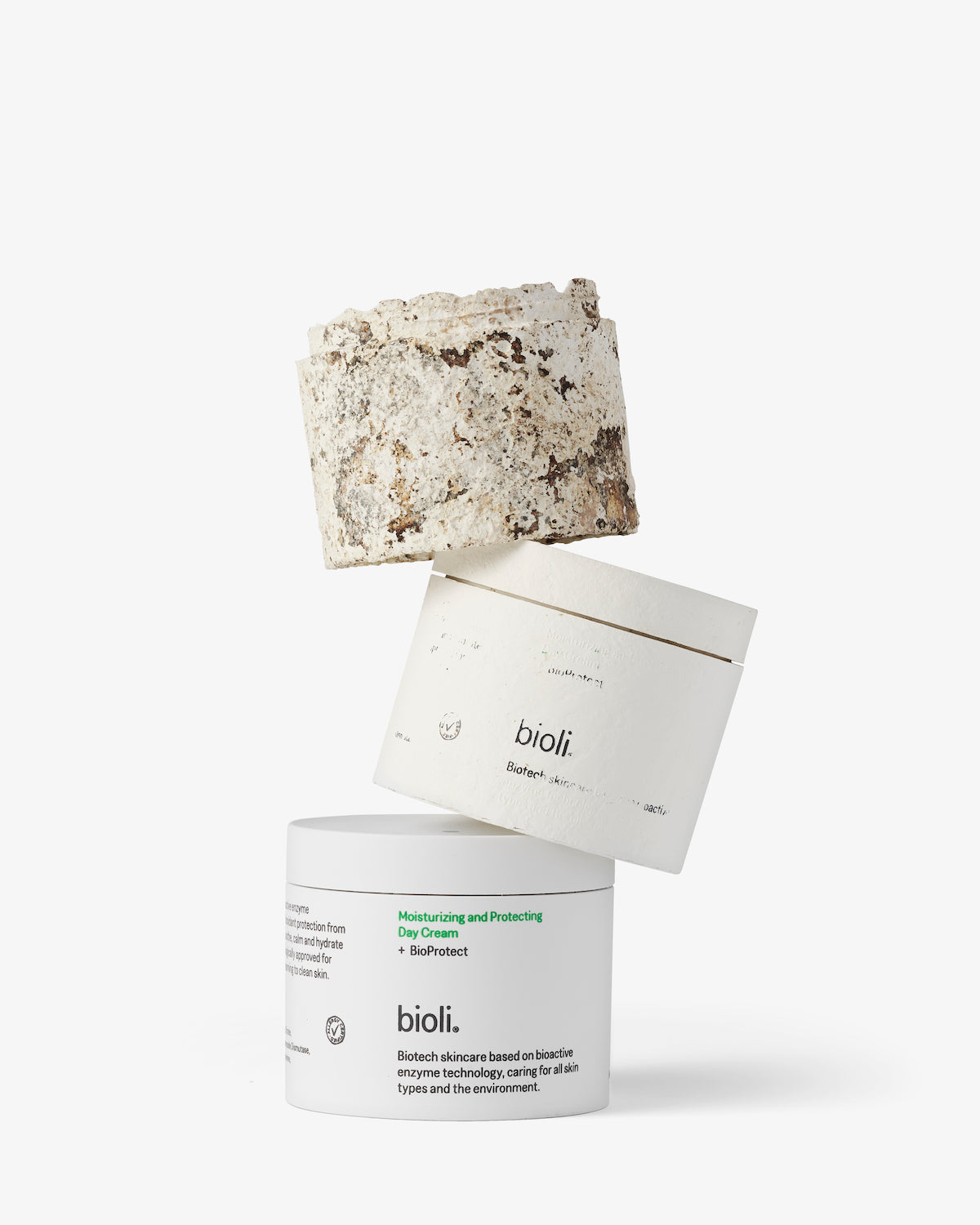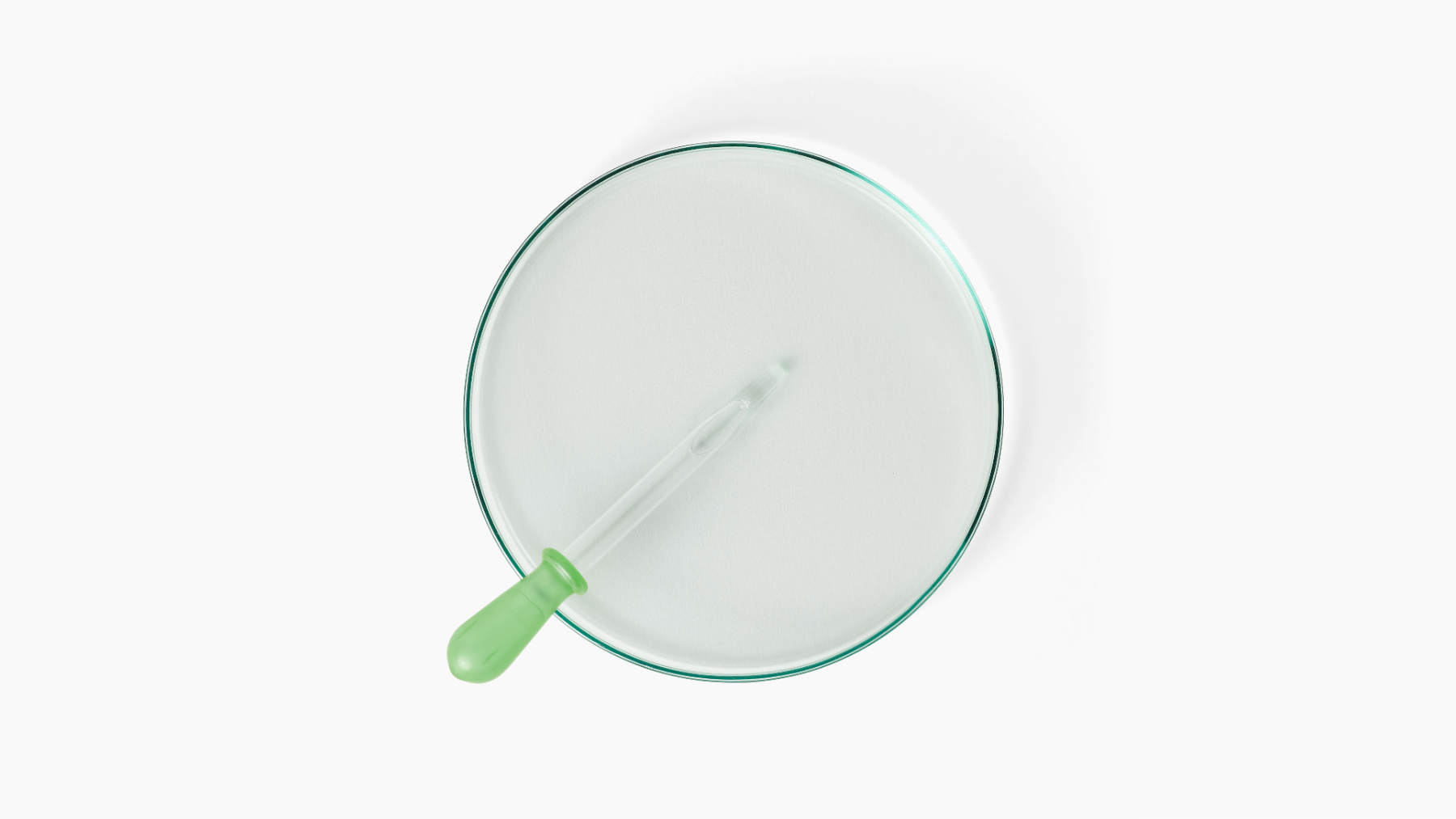The impact of UV radiation on skin
UV radiation comes to the earth's surface in two primary types:
- UVB: Targets the outer layer of the skin (the epidermis), causing most sunburns.
- UVA: Penetrates deeper into the inner layer (the dermis), contributing to skin aging.
Unprotected exposure to both UVA and UVB rays damages DNA in skin cells, leading to genetic mutations that can result in skin cancer and premature aging. Skin damage accumulates over time, beginning with your very first sunburn. The risk of skin cancer increases with each burn, and even a single blistering sunburn in childhood or adolescence more than doubles the risk of developing melanoma, the most serious type of skin cancer, later in life.
9 in 10 cases of melanoma are linked to UV exposure
Historically rare, melanoma has seen a dramatic rise in incidence over the past 50 years, with 9 in 10 cases attributable to UV exposure. According to the International Agency for Research on Cancer, melanoma ranks 17th in incidence and 22nd in mortality globally.
Although more common among older adults, melanoma also affects adolescents and young adults, making it one of the leading cancers in terms of average years of life lost per death. For a helpful guide to examining your skin, see the American Academy of Dermatology's images.
High rates of skin cancer in the Nordics and Australia
Skin cancer rates are alarmingly high in regions like Scandinavia, Australia, and New Zealand. Areas closer to the equator, such as Australia, experience higher melanoma rates due to intense UV radiation. Conversely, regions at higher latitudes, like Scandinavia, report high melanoma rates likely due to intermittent intense sun exposure during summer months and increased susceptibility to sunburns in fair-skinned populations.
Sunscreen: The basics and application
Chemical vs. physical sunscreens
Sunscreens can be categorized into two main types:
- Chemical: Absorbs UV radiation and converts it into heat, which is then released from the skin.
- Physical: Acts as a barrier, reflecting UV radiation away from the skin.
Both types have their advantages. Choosing the right one depends on your skin type and preferences. For guidance on how to check that a sunscreen is free from unwanted chemicals, check out this article.
Proper application
To ensure maximum protection, it's essential to:
- Use an adequate amount of sunscreen: approximately a tablespoon for your face and a shot glass amount for your body
- Apply sunscreen in two layers for improved UV protection. Apply one layer, let it dry, and then apply a second layer
- Remember often-neglected areas like your lips and the tops of your neck
- Reapply every second hour
The four S's of sun protection
To effectively protect your skin from UV radiation, remember these four S's:
- Shadow
- Sun hat
- Sunscreen
- Shades
Seeking shade, wearing a wide-brimmed hat, applying sunscreen, and using sunglasses can significantly reduce your risk of sunburn and long-term skin damage. A common irritation with sunscreen, especially physical sunscreens, is the white stains they leave on the skin. However, these stains often disappear if you allow the sunscreen to dry in the sun for a few minutes.
Antioxidants: A second line of defense
While sunscreen is crucial in preventing immediate UV damage, antioxidants offer an additional layer of protection by working both before and after sun exposure. Here’s how they complement each other:
The role of antioxidants
Sunscreen acts as the first line of defense by blocking or absorbing UV radiation before it penetrates the skin. This helps prevent immediate damage, such as sunburn and direct DNA mutations that can lead to skin cancer.
However, some UV radiation may still penetrate the skin, despite using sunscreen, triggering the production of reactive oxygen species (ROS). These harmful molecules cause oxidative stress, which can damage proteins, fats, and DNA in the skin, leading to inflammation, premature aging, and an increased risk of skin cancer.
Antioxidants provide both preventive and reparative benefits. When applied before sun exposure, they help neutralize free radicals as they form, reducing oxidative stress from the start. During and after sun exposure, antioxidants continue to neutralize ROS, helping to repair and protect the skin from the long-term effects of UV damage.
Learn more in this article, and watch the brief video to understand how antioxidants help maintain healthy skin.
Finding products with antioxidants
Integrating antioxidant-rich products into your skincare routine can reduce oxidative stress and support skin health. Common antioxidants in skincare products include:
- Vitamins E
- Vitamins C
- Green tea extract
- Enzymatic antioxidants - less used but still effective
Unfortunately, not all products claiming to contain antioxidants are effective. To ensure efficacy, the product should:
-
Have a high antioxidant capacity
-
Feature a stable formulation
-
Contain concentrations that provide significant protective effect
Finding effective antioxidant products can be challenging, so opting for reputable brands with strong scientific backing can be beneficial. Consider requesting documentation or additional information from companies to ensure you choose high-quality products that offer added protection against UV damage. Protecting your skin is also very important if you have sensitive skin, as sensitive skin tends to react more easily to environmental stressors, including UV radiation.
Enzyme-based antioxidants: Milder yet effective
Conventional antioxidants such as Vitamins C and E and plant extracts with antioxidant claims, such as green tea, can irritate the skin and require high volumes to be effective. This takes a toll on both the skin and the environment, as we explored in the article: Time for kinder antioxidants than conventional vitamin C, E and plant extracts.
Enzyme-based antioxidants can be a better choice. Produced through biotechnological processes, skincare based on antioxidant enzymes technology has a lower environmental impact, and delivers consistent, targeted efficacy without side effects, making it milder yet effective. Explore Bioli's Moisturizing and Protecting Day Cream, which includes high antioxidant activity for optimal protection.
In summary, while sunscreen prevents immediate UV damage, antioxidants work to reduce oxidative stress before, during, and after sun exposure, offering a comprehensive approach to skin protection. Together, they provide a robust defense system, helping you maintain healthy skin even when the sun shines bright.












